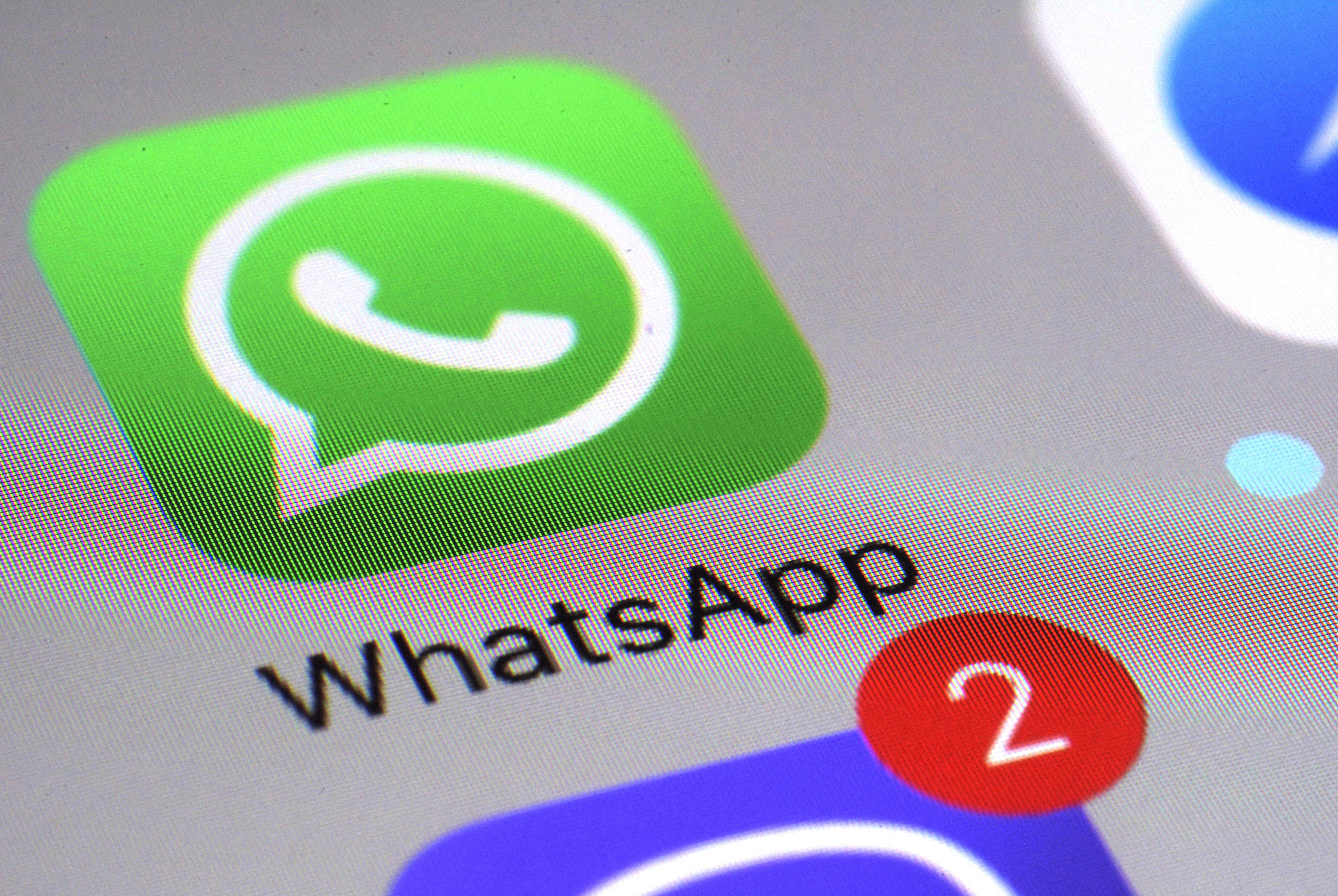The Hong Kong government is barring most civil servants from using popular apps like WhatsApp, WeChat and Google Drive on their work computers due to potential security risks.
The latest IT security guidelines from the Digitial Policy Office have many civil servants complaining about added inconvenience. Government workers will still be allowed to use the services from personal devices at work, and can get exceptions to the ban with approval from a manager.
Information technology experts said companies have adopted similar policies due to increasing risks of data leaks and cybersecurity challenges.
Sun Dong, Secretary for Innovation, Technology and Industry, said on a radio program Tuesday that the ban is needed as hacking is becoming a more serious problem. He said the governments of the United States and China have also adopted stringent measures for their internal computer systems.
A civil servant surnamed Lee, who requested anonymity because she was not authorized to speak to the media, said her office often uses cloud storage services to exchange large files with vendors outside the government.
On Wednesday, the office said in a Facebook post that the policy aims to prevent potentially malicious links and attachments from bypassing security measures through encrypted messages. It suggested affected departments seek substitutes, such as allocating designated computers for using such services but cutting these devices' connections with internal systems.
Francis Fong, the honorary president of the Hong Kong Information Technology Federation, said he "somewhat agreed" with the government's blanket approach, saying it could reduce cybersecurity risks. He added that it could also address issues with data breaches.
Anthony Lai, director of VX Research Limited, a cybersecurity firm based in Hong Kong and Britain, said the government's approach is appropriate due to low cybersecurity awareness among some staff and a lack of comprehensive internal monitoring systems.
Earlier this year, data breaches at various Hong Kong government departments compromised the personal information of at least tens of thousands of people and sparked concerns.
